Dhaka, Nov 01 (V7N) — Over the past year, Bangladesh has faced a turbulent human rights situation, marked by political violence, unidentified bodies recovered across the country, deaths in custody, and ongoing restrictions on freedom of expression. These developments have raised serious concerns about justice, accountability, and personal security in the nation.
According to the October report by the Manobadhikar Sangskriti Foundation (MSF), incidents of unidentified bodies and deaths in custody rose sharply compared to the previous month. In October alone, 66 unidentified bodies were recovered — up from 52 in September. During the same period, 13 inmates died in prison custody, including 6 convicted prisoners and 7 under-trial detainees, compared to 8 deaths the previous month.
Although cases of religious violence, minority persecution, and so-called “crossfire” incidents slightly declined, political violence has emerged as the central driver of instability.
Political Violence: A Threat to Democratic Stability
MSF identified political unrest as the primary factor behind the human rights decline. The group recorded 49 incidents of political violence in October, resulting in 549 casualties, a sharp increase from 38 incidents and 296 victims in September.
Following the fall of the previous administration in July 2024, many citizens hoped for democratic reform under the interim government. However, the lack of visible changes at the grassroots level has kept tensions high. Analysts say continued political clashes, suppression of dissent, and administrative bias are eroding public trust and weakening democratic institutions.
Rise in Unidentified Bodies: A Silent National Tragedy
The recovery of 66 unidentified bodies in October paints a grim picture of law and order. Most bodies were found near rivers, forests, and roadsides — many showing signs of torture. Human rights groups fear that some cases may be linked to political retaliation, enforced disappearances, or criminal violence.
Throughout the past year, over 680 unidentified bodies have been recovered across Bangladesh. Only 20% of these have been identified, leaving hundreds of families in prolonged anguish and uncertainty.
Custodial Deaths: Questions of Accountability
Deaths in prison custody remain a pressing concern. In October, 13 inmates died in different prisons. Authorities frequently cite “illness” as the cause, but family members and rights organizations allege abuse, medical negligence, and lack of proper oversight.
Over the past year, 105 detainees have died in custody — 47 of them under trial. Experts attribute these deaths to overcrowded prisons, poor healthcare, and administrative neglect. Despite repeated incidents, meaningful investigations or accountability measures remain absent.
Violence Against Women and Children
October saw 368 reported cases of violence against women and children, up from 361 in September. Among these were 72 rape cases, 14 gang rapes, and 7 rapes followed by murder. Additionally, five victims were women or girls with disabilities.
Women’s rights advocates argue that despite stringent laws, weak enforcement and prolonged legal processes continue to embolden perpetrators. Many victims are denied timely justice, leading to widespread fear and silence.
Restrictions on Freedom of Expression
The Cyber Security Act remains a major obstacle to free expression, despite promises from the interim government to repeal or amend it. In October alone, 24 cases were filed under the law, targeting journalists, students, and social activists.
Rights groups say that the misuse of this law is stifling dissent and spreading fear among media professionals. Even critical social media posts about government activities have led to arrests and harassment.
Border Killings: A Continuing Humanitarian Concern
So far in 2024, 36 Bangladeshi citizens have been killed along the border, mostly by India’s Border Security Force (BSF). The victims were mainly farmers, laborers, and small traders from frontier regions. Despite repeated bilateral pledges to prevent such fatalities, little improvement has been seen.
International Concern and Future Challenges
The deteriorating human rights landscape in Bangladesh has drawn global attention. Organizations including the UN Human Rights Council, Amnesty International, and Human Rights Watch have expressed concern over extrajudicial killings, torture, and curbs on free speech.
Citizens say they expected justice and freedom after the 2024 mass uprising, but those hopes remain largely unfulfilled.
Experts emphasize three urgent steps to address the crisis:
-
Ensuring government accountability and impartial investigations.
-
Reforming the prison and law enforcement systems.
-
Guaranteeing legal protection for freedom of expression.
The MSF urged the interim government to “restore faith in democracy by protecting every citizen’s life, dignity, and freedom — the core responsibilities of the state.”
Bangladesh now stands at a crossroads — its people waiting for a future where justice and humanity, not fear and repression, define the rule of law.
END/SMA/AJ/



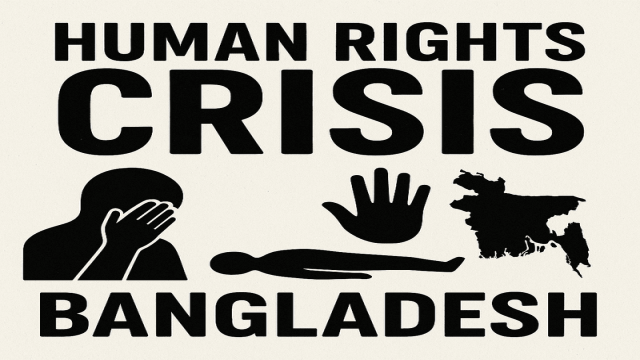
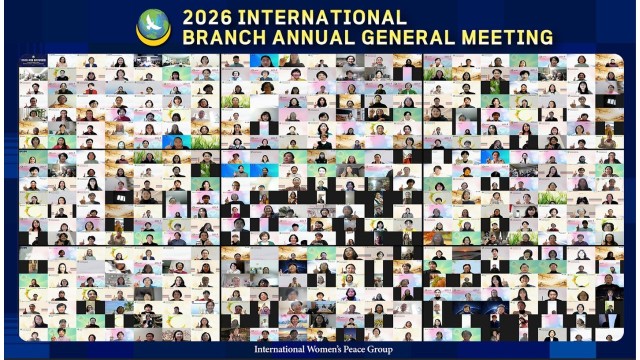






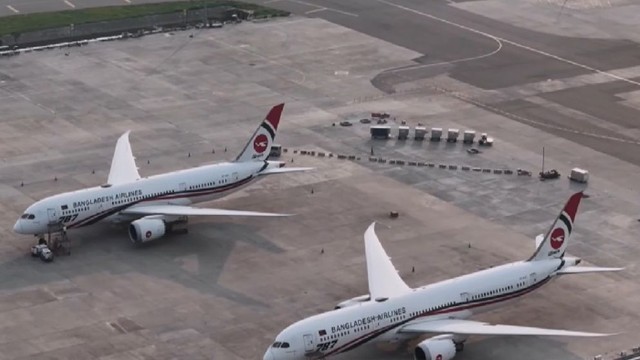
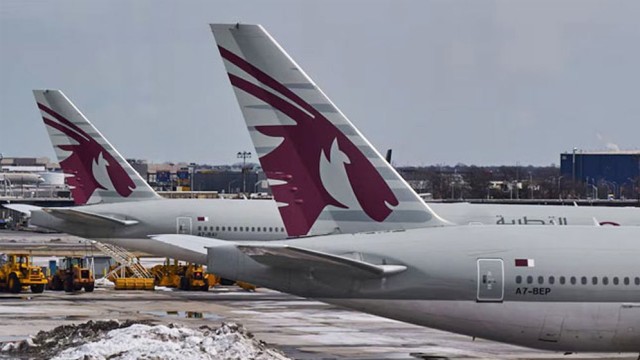
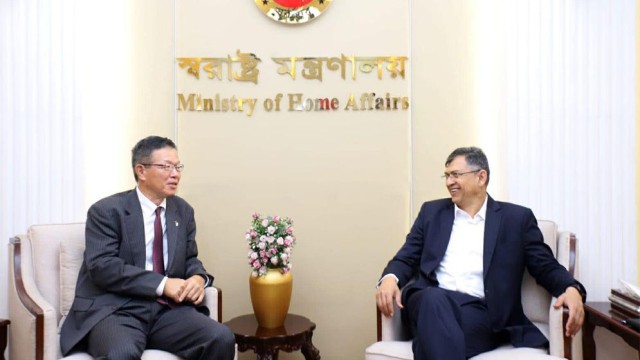
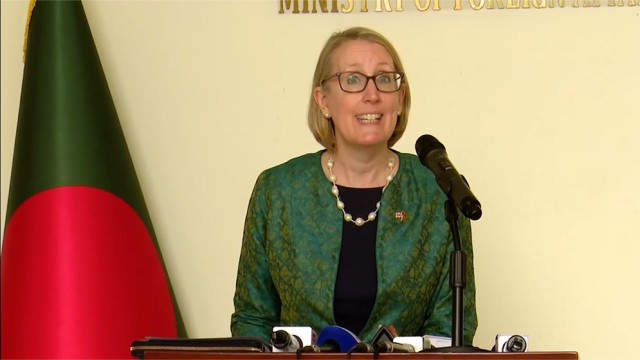
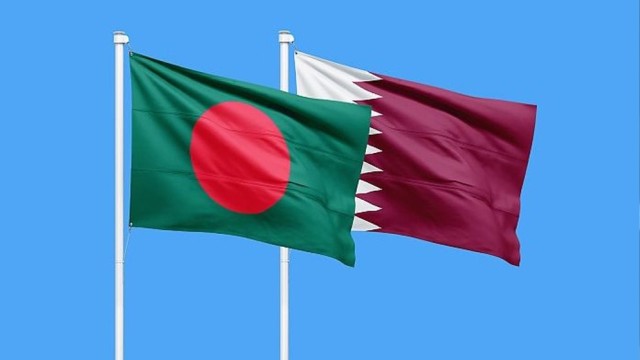

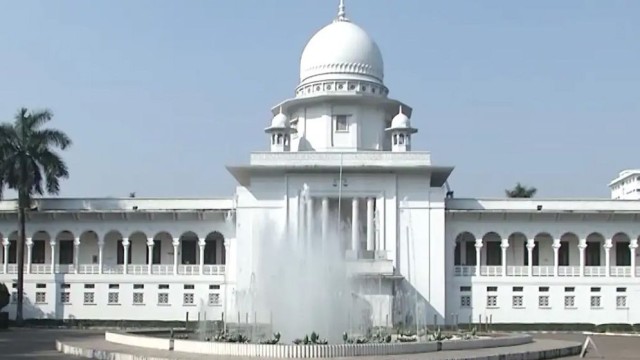













Comment: